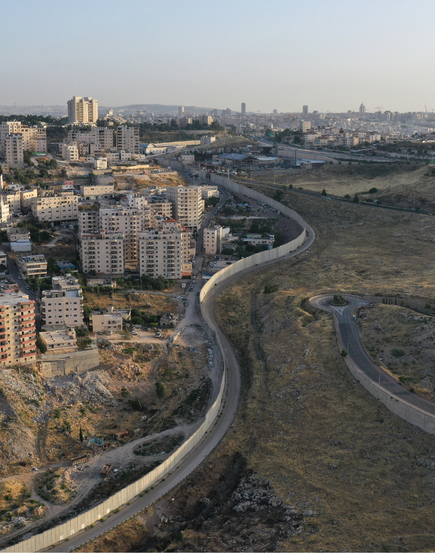|
Environmental Justice, Settler Colonialism, and More-than-Humans in the Occupied West Bank provides a first-of-its kind attempt to examine environmental injustices in the occupied West Bank through interdisciplinary perspectives, pointing to the broader settler colonial and neoliberal contexts within which they occur and to their more-than-human implications.
Specifically, we seek to understand what environmental justice—a movement originating from, and rooted in, the United States—means in the context of Palestine/Israel. Moving beyond the settler-native dialectic, we draw attention to the more-than-human flows that occur in the region—which include water, air, waste, cement, trees, donkeys, watermelons, and insects—to consider the dynamic, and often gradational, meanings of frontier, enclosure, and Indigeneity in the West Bank, challenging the all-too-binary assumptions at the core of settler colonialism. Against the backdrop of the settler colonial project of territorial dispossession and elimination, we illuminate the infrastructural connections and disruptions among lives and matter in the West Bank, interpreting these through the lens of environmental justice. We finally ask what forms of ecological decolonization might emerge from this landscape of accumulating waste, concrete, and ruin. Such alternative visions that move beyond the single axis of settler-native enable the emergence of more nuanced, and even hopeful, ecological imaginaries that focus on sumud, dignity, and recognition. |


